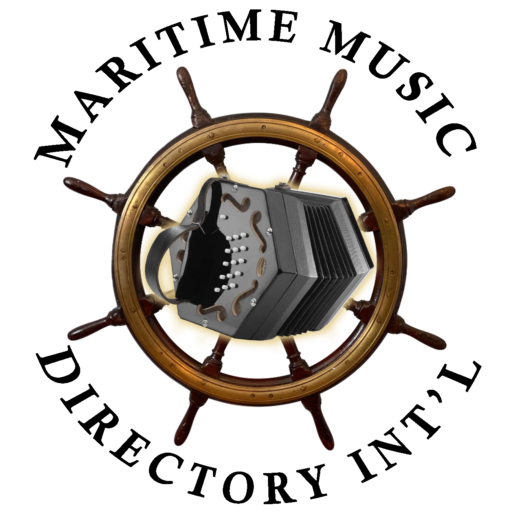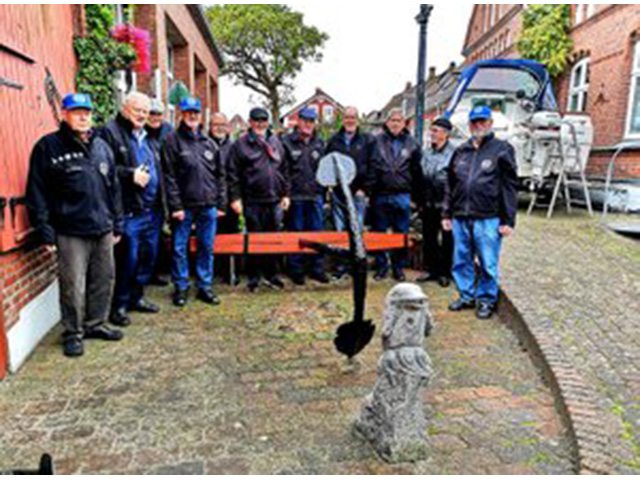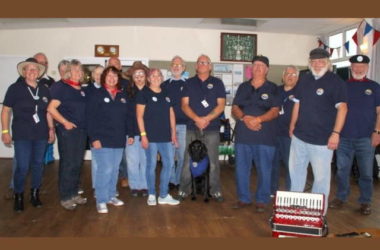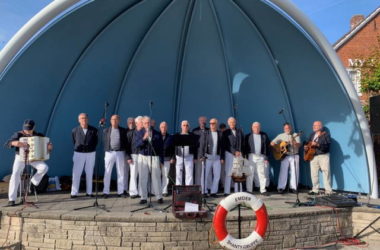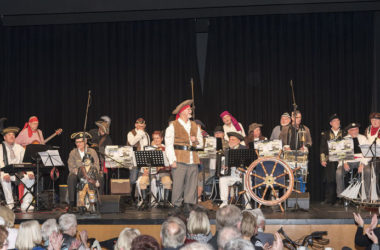Overview
Why do we call ourselves “Stork Islanders”?
In the “old days”, when ships were made of wood and men were made of steel (- now it is the other way around), and where a very large part of the island’s male population sailed long distances with the sailing ships, some also sailed domestic. Late autumn, the ships docked because the fjords froze and because the markings at sea at that time were more sparse than now or were completely withdrawn for the winter. Then they took the Fanø sailors away (like the stork) home to the island and came again next spring.
When did it start?
The shanty choir started small in 1993/94, when a circle of the island’s established musicians and music enthusiasts began to sing shanty. However, the interest only gained sufficient traction on October 24, 1998, when 5 people got drummed together for a shanty song under a form that has been sustainable ever since. Fanø Ugeblad wrote at the time
Who are we to bother singing shanties?
We are a collection of grown men in our prime with a love of the sea and life on the lake. We gather all year round as many as possible, every fortnight in the Marine Association’s premises in Nordby. Practice here for a good two hours.
Why do we do that?
We sing for our own pleasure – entirely. We do not sing to entertain. Maybe we also sing to nurture a tradition, because on Fanø you have several museums and buildings where you can look at things from Fanø’s past. You also have living associations where you can do the same things as our predecessors. You can dance folk dance, play Fanø music, sail with the evert Rebekka or sing shanties like on the sailing ships.
Fanoe
Denmark
